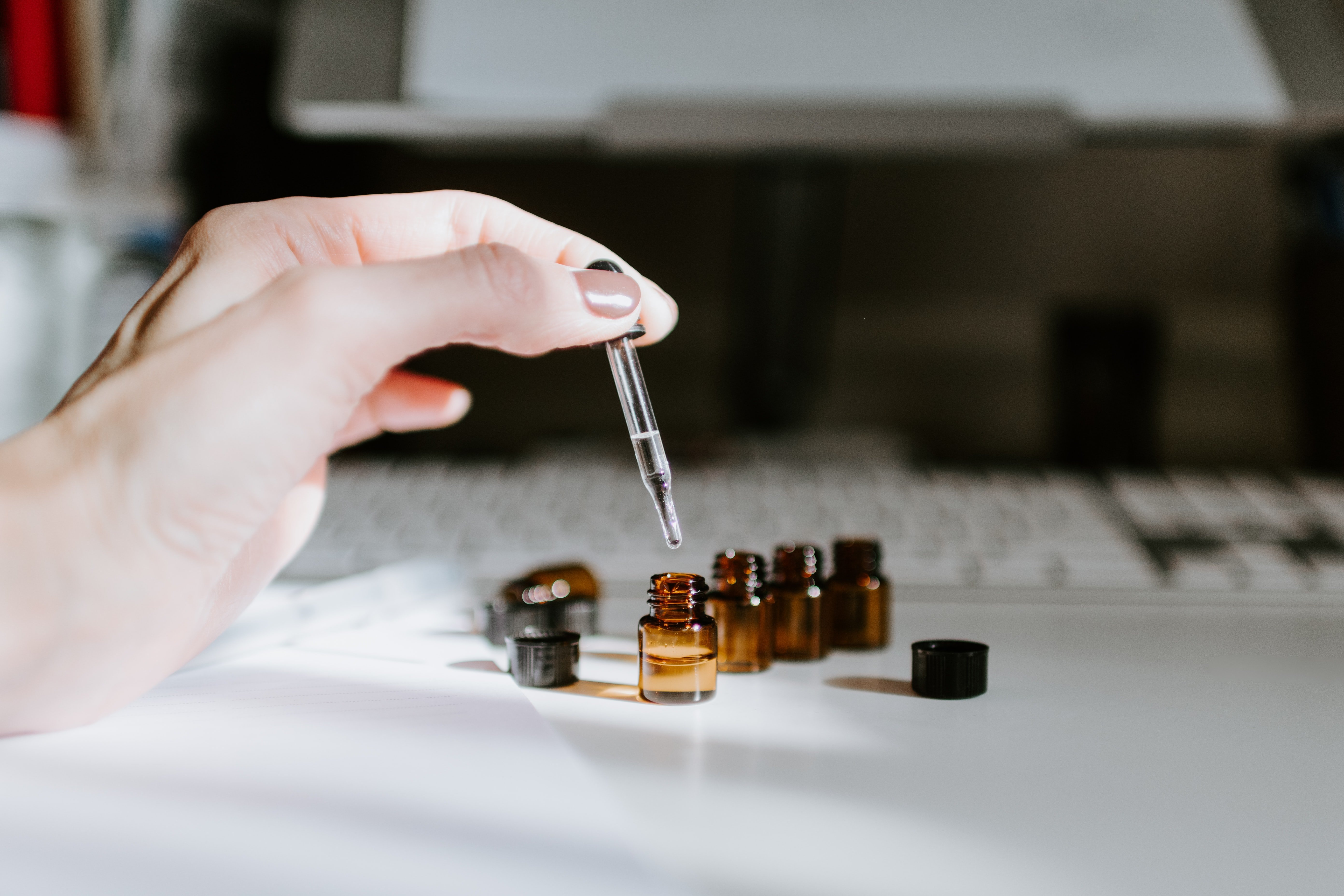From retinol to hyaluronic acid, collagen to AHAs, the world of skincare can be confusing. This is why we spoke with skincare experts Dr Deborah Lee and Dr Eldimarys Curry Machado about some of the most popular skincare products and how we should be using them.
What products and ingredients should we avoid over-using?
There are many ingredients that are beneficial for your skin, however, over-using them has negative effects and therefore we recommend following the guidelines and instructions on each product you use.
Retinol – Overuse of retinol can cause irritation and toxicity resulting in itching, plus it also makes your skin more prone to sunburn.
Makeup Remover Wipes – Makeup wipes can cause the skin to tear, causing tiny microabrasion. Also, for the wipes to stay constantly damp in their container, means they contain large quantities of alcohol and preservatives, which can be very drying for the skin.
Blackhead Remover Strips – The sticky nature of blackhead removing strips means they have the potential to traumatise the skin when you pull off the strips. This can cause serious irritation to your skin!
Charcoal Face Masks – Charcoal face masks can be dangerous as when you remove them, you rip off such a deep layer of skin. When you strip off the mask, you also remove many of the natural oils in the skin, and with repeated use, this can be very damaging.
Untried Food Substances – Many natural substances such as lemon juice, and cinnamon, are used for a do-it-yourself facial. However, these are not without risk and can cause your skin to burn.
Apple Cider Vinegar – If you are tempted to use apple cider vinegar (ACV) on your skin, you must only ever use a very dilute solution. Although there may be some benefits for oily skin, using it too often or in too high a concentration can burn your skin.

Which ingredients should not be used together?
Mixing up skin products can be bad news, this is because some product ingredients will counteract the beneficial effects of other products. As a result, your skin products will be less effective, it will take longer to see results, and you could end up using more of the product than necessary. Dr Deborah Lee advises to not mix the following ingredients:
Retinol with Benzoic Acid – they counteract and cancel each other out, so each one has a reduced effect.
Vitamin C with Retinol – Vitamin C has its best effects if used in the mornings. It is known to lighten the skin and help cause age spots to fade. However, retinol works on collagen and elastin and is best used overnight.
Retinol with Alpha Hydroxy Acid (AHA) and Beta Hydroxy Acid (BHA) – For example, salicylic acid, glycolic, or lactic acid, should be avoided. These are exfoliating, which can dry out the skin and cause further dryness and irritation, and damage the skin’s moisture barrier. Together they will also increase the skin’s sensitivity to the sun, meaning you are at a much higher risk of burning and UV damage. Use these ingredients on alternate days or weeks if you are looking for the benefits of both.
Niacinamide with Vitamin C – These should not be used together. Although individually, both products are potent antioxidants, the potency of each is greatly reduced if they are used together.
Sunscreen with Makeup – Your UV skin protection is vitally important. You should apply a suitable SPF factor sunscreen over the top of your makeup.

Which Ingredients should be used less?
The ingredients that should be used less can be divided into three main categories, these are preservatives, which are found in around 75% of rinse-off products (which includes shower gel, shampoo and shaving gel), fragrances that are found in 62% of rinse of products and, other chemical products which are found in 58% of makeup (including lipstick, foundation and nail polish) as well as rinse-off products.
Around 60% of skincare products contain preservatives that are added to skin products to reduce the growth of bacteria and fungi. An example is chlorphenesin which is often found in moisturisers, skin cleansers and mascaras and is now known to be a skin irritant.
Dr Eldimarys Curry Machado from Harley Health Centre says “There is no such thing as chemical-free cosmetics, and “natural” cosmetics are not free of chemicals. What you want to avoid is harmful chemicals in cosmetics, that is, chemicals that have known harmful effects. Just because cosmetic ingredients are natural, does not make them safe. And just because an ingredient is synthetic does not mean it is unsafe”.
Dr Deborah Lee from Doctor Fox says “Fragrances are frequently added to skincare products. Although often labelled as ‘natural products’, they still have the propensity to cause the same range of medical problems – headaches, asthma, other respiratory symptoms, and allergic dermatitis. Common fragrance allergens which may cause these reactions include farnesol, citral, limonene, and linalool. Consumers are often confused, by thinking ‘natural’- means safe – and in fact, this is not necessarily the case. Many natural substances are just as likely to cause symptoms as those that are manufactured.”
Now that you are informed of which ingredients to avoid over-using, which ingredients should not be mixed together and which ingredients should be used less, shop our range of skincare products to build your perfect skincare routine.
